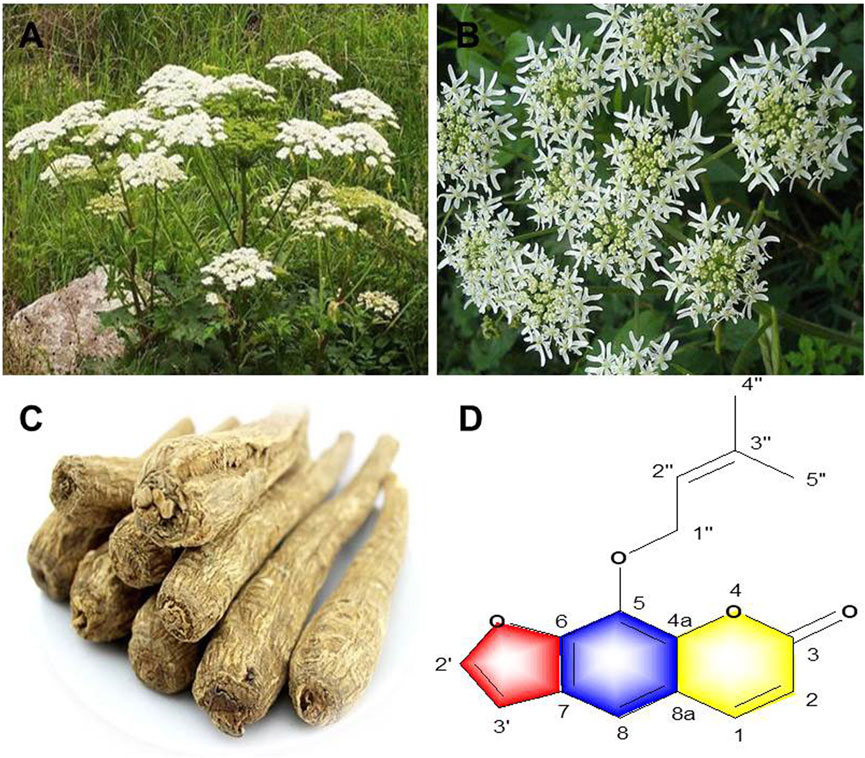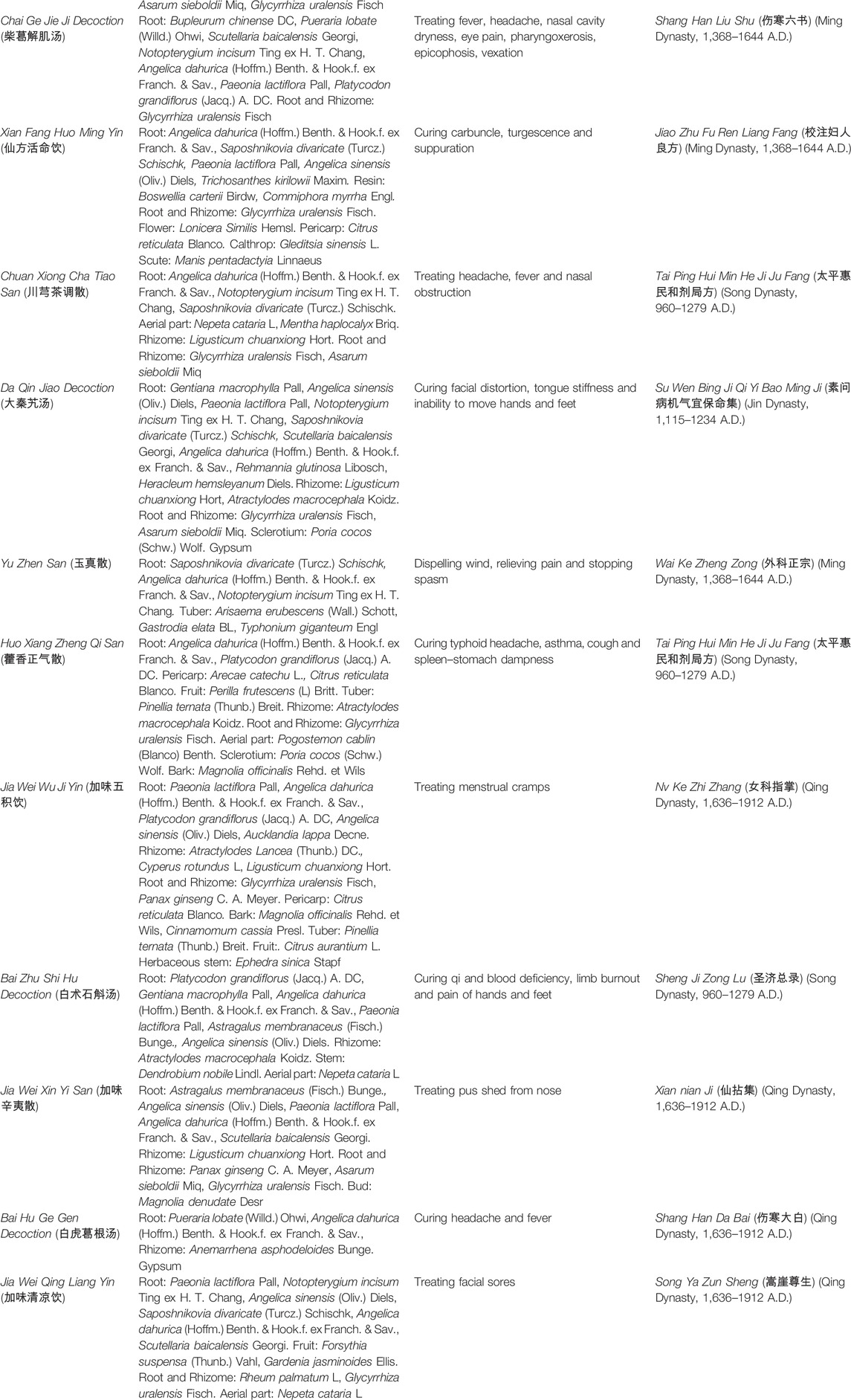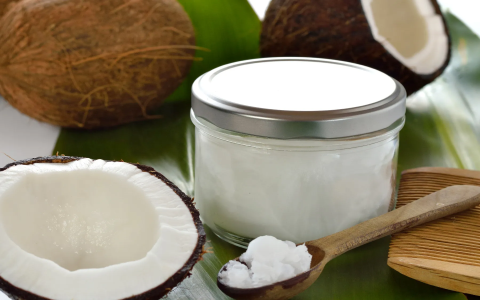So, you hear about these traditional remedies, right? Bai Zhi, or Angelica Dahurica as some fancy folks call it, kept popping up in conversations, especially when someone mentioned a stubborn cold or a headache. I usually just file those things away, but this one, well, I ended up getting a bit more hands-on than I expected.
My First Brush and Why I Dug Deeper
It all started a few months back. I was dealing with this annoying, dull headache that just wouldn’t quit, plus my nose was constantly stuffy. You know the type. Over-the-counter stuff was barely making a dent. My grandma, she’s old school, mentioned Bai Zhi. “Good for opening things up,” she said. Sounded a bit vague, but I was at that point where I’d try almost anything sensible.
First, I had to actually find the stuff. Went to a local traditional herb shop. The shopkeeper showed me these dried, beige-colored root slices. Looked like something out of a medieval apothecary. He told me people mostly boil it for tea or grind it for external use. I thought, “Okay, let’s give this a whirl.”
The Actual Practice: Getting My Hands Dirty
So, I bought a small bag. The smell was the first thing that hit me – very potent, earthy, a bit spicy. Not unpleasant, but definitely strong. My initial plan was to try it for my blocked sinuses and that nagging headache.

- Attempt 1: The Tea. I boiled a few slices in water for about 15-20 minutes. The resulting tea was… an experience. Let’s just say it’s an acquired taste. Bitter, with that strong aromatic kick. I drank a small cup.
- Attempt 2: The External Application. I remembered someone saying it could be used on the skin. So, I ground up a few small pieces into a powder. This took some effort with my basic mortar and pestle. Then I mixed a tiny bit of the powder with some warm water to make a paste. I applied a dab of this paste to my temples and a bit near my sinuses – not in my nose, mind you, just on the skin nearby.
What I Noticed: The Nitty-Gritty
Okay, so what happened? The tea, despite its challenging flavor, did seem to have a warming effect. After about half an hour, I felt my sinuses start to feel a little clearer. It wasn’t like a floodgate opening, but there was a noticeable reduction in that stuffy pressure. The headache? It didn’t vanish instantly, but it did seem to lessen in intensity over the next hour or so. The paste on my temples had a slight warming, tingling sensation. Not sure if that was the main actor or just a distraction, but the combination seemed to help a bit.
I repeated this process – a small cup of tea and the topical paste – for a couple of days whenever the headache and stuffiness flared up. I didn’t go overboard, just a little bit each time. I found that for me, it seemed to offer some relief, especially with the nasal congestion. It felt like it helped to, as my grandma said, “open things up.”
Now, it wasn’t a miracle cure. It didn’t make me invincible to headaches or colds. And honestly, preparing it was a bit more involved than just popping a pill. You have to boil it, grind it – it’s a process.
Wider Thoughts and What I Reckon
Doing a bit more casual reading and asking around, I learned that Bai Zhi has a reputation in traditional circles for things like expelling wind-cold (which I guess matches my headache and stuffy nose symptoms), reducing swelling, and even for some skin issues. Some folks use it in face masks for blemishes. I haven’t ventured that far myself, mostly stuck to what I tried.

One thing I’d say is that this stuff is potent. The smell alone tells you that. I wouldn’t just chow down on it or use massive amounts without knowing more. It’s one of those things where a little bit seems to be the way to go, at least from my limited experiments.
So, my little journey with Bai Zhi was interesting. It wasn’t some magical, instant fix. It was more of a subtle helper, particularly for that sinus pressure. It’s a bit of a throwback, using these old roots, and a bit of a faff, but for those specific issues, I felt it had something to offer. Just my personal take from tinkering around with it. Probably not for everyone, and if you’ve got serious stuff going on, you’d want to talk to someone who really knows their herbs, not just a curious blogger like me sharing his notes!


